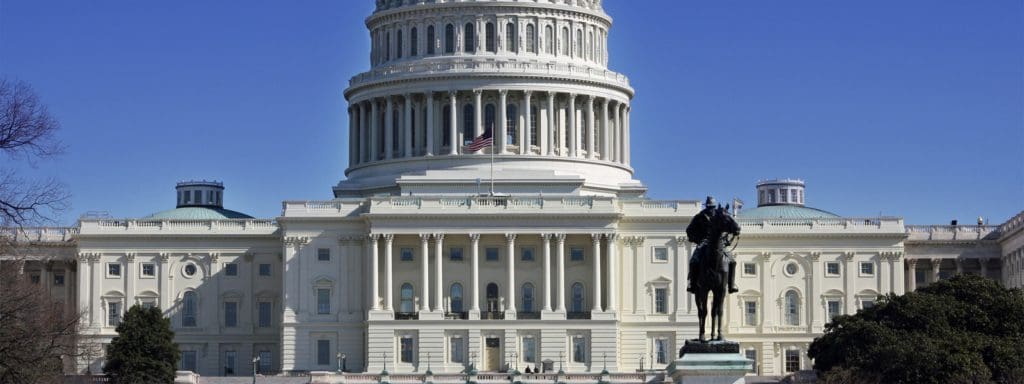Yesterday, Republican leaders issued a joint statement on tax reform, outlining a number of core narrative principles as the effort moves forward.
The statement by House Speaker Paul Ryan (R-WI), Senate Majority Leader Mitch McConnell (R-KY), Treasury Secretary Steve Mnuchin, National Economic Council Director Gary Cohn, Senate Finance Committee Chairman Orrin Hatch (R-UT), and House Ways and Means Committee Chairman Kevin Brady (R-TX) called the opportunity for tax reform a “once in a generation moment.”
It also called for a “pro-growth tax system” that at its “heart” represents a “simpler, fairer” tax code for working American families and individuals, as well as a “consumption-based” corporate structure designed to “level the playing field between American foreign companies and workers.” While the statement offered few concrete details about the substance of tax reform, it marked the first joint effort by Republican House, Senate, and Administration officials to discuss their collective approach to tax reform.
There is some expectation that additional details will be released as soon as September following the August summer recess period, but a number of other key priorities, including the inability to pass an Affordable Care Act repeal and replace measure in the Senate, have complicated an already crowded legislative calendar. For his part, House Speaker Paul Ryan (R-WI) remains optimistic that Republicans will pass comprehensive tax reform this year, arguing that there is far more agreement within the conference on taxes than there has been on health care.
Since the release of the initial House Republican tax reform blueprint in 2016, Independent Sector has been engaging with key congressional officials to ensure that charitable giving is protected and strengthened in the tax reform process. We have called for a universal deduction available to all taxpayers to offset reductions in charitable giving if tax reform efforts include stated priorities to reduce top rates and double the standard deduction.
We continue to work closely with Congress, the Administration, and our partner organizations to make the case for increasing incentives to give back to our communities.



